By Leni De Castro
The radical innovations of personal computers and the internet paved the way for new technological advancements beneficial in both personal and business structures. One such innovation that started a new niche in home or personal entertainment is online VOD streaming. Before we had physical products such as DVDs and Cable TV but the advancement of streaming films and TV series online has allowed for significant improvement in cost and performance, transforming personal and home entertainment. In 2015, Nielsen reported that one out of three American households access at least one subscription based VOD service, accounting for 41% of households. In January 2016, Netflix launched online streaming around the world. What started as a small niche in home entertainment and the film industry is becoming a wagon of goods and services consumers can choose from with various apps and streaming products that service industry big wigs such as Amazon, HBO, Hulu and YouTube are offering.
Hitherto, VOD downloading time used to be excessively long when the demand got heavy due to lack of bandwidth resulting in exasperating bottlenecks. But with the advancement of geographically positioned servers, store and forward programs have increased capacities to serve consumers who prefer to watch movies and TV shows without commercial interruptions and the time on their convenience.
It used to be just Netflix in 2007 but time has allowed streaming to become faster with IPTV technology and by downloading to computers via such apps as iTunes, or to DVRs (at times rented from a provider), and other portable media players including small devices like smartphones for viewing at any time. VOD has, however, recently attracted many new players; three of the biggest being Hulu, Amazon and HBO.

The demand for Hulu’s premium movie and movie-related content is fast growing and although Hulu is still behind Netflix and Amazon when it comes to numbers, Hulu is fast spearheading the Video Advertising campaign offering an ad-free subscription (Via PC, laptops and media players), unlike Netflix which charges a monthly fee.  Hulu viewers can watch Fox, NBC, CW, Fandango and ABC episodes in HD the day after airing, utilizing the internet. They do this by acquisition with innovative endorsements from them as well as for the rest of the big ten television networks.  For a greater coverage, viewers may opt to pay a monthly fee and they can avail of the Hulu-Plus which makes service available also to Personal Video Recorders, Smartphones, tablets, TV and other apps and devices.
Amazon Video, formerly Amazon Video on Demand (which used to be the Amazon Unbox), offers exclusive rental or purchase films with thousands of selected titles that come free for those who opt for the Amazon Prime Subscription. It made a huge jump forward by recently partnering with HBO. Its original series Alpha House and Betas are free up to the 3rd episode with a new release weekly for its Prime subscribers. Amazon’s titles are from mainstream networks CBS, Fox, BBC, MTV etc., many of which become available to their members within hours of airing time. In contrast some of Netflix’s titles become available only months after airing. Amazon has also replaced iTunes for NBC as a delivery instrument.
HBO and Over the Top (OTT) streaming service HBO NOW, is the most recent player in the VOD game. With its slogan: “HBO now. It’s HBO. All you need is the internet.â€, video contents become available on demand for smartphones, AppleTV or iOS devices, tablets, and media players. There is no cable or satellite subscription necessary to get instant access to HBO’s huge library of its award-winning programming and Hollywood blockbuster movies via its sister company Warner Bros and its content partners 20th Century Fox and Universal Pictures. But there will however be no access to real-time streams of HBO’s linear TV such as Cinemax. HBO Now was created to compete and to secure a slice of the market.
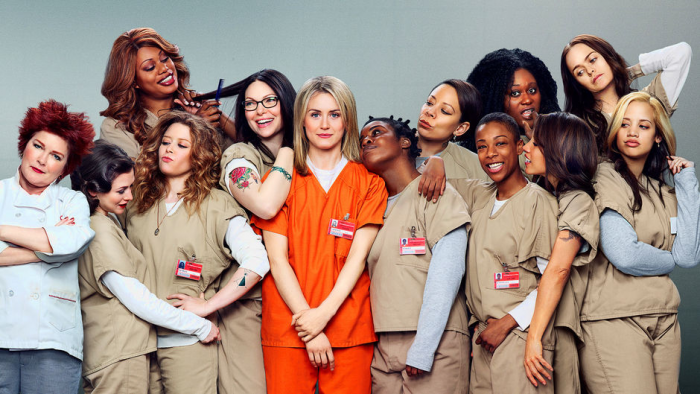
VOD companies are positioning themselves not just in the distribution of films but in filmmaking as well. VOD giant Netflix started with its own House of Cards and Orange is the New Black, and now talks with producers and actors to make films that would be released online and in theatres simultaneously, veering away from Hollywood’s style of film commercialism and giving artists and writers more freedom to express their craft and stories and at the same time reach a wider audience.
VOD streaming created a niche and a new structure in the home entertainment and film industry, providing a new venue not just for mainstream but independent filmmakers as well. Digital technologies decreased the cost of movie-making which gave rise to the increase of independent filmmakers across continents. More independent films from countries in Asia, the Americas, Australia and Africa are gaining ground on international film festivals. VOD companies including FilmDoo are now offering these for wider viewership. In the business aspect, this is an advantage as more consumers gain access to alternative movie entertainment, and giving the commercial value these films deserve. In aesthetic sensibilities, this encourages filmmakers to make more films within the artistic framework of their choosing, which is the essence of independent filmmaking. In time, VOD companies can finance independent filmmakers while the demand for films with artistic value becomes more apparent and consumer awareness increases. Hollywood commercialism is dying out, and a new age of expression of individuality in filmmaking is emerging and hopefully to be supported by the players of the new film industry model including Netflix, Hulu, Amazon and other VOD online streaming companies.
The radical innovation of VOD streaming is starting to change the structure of the home entertainment and film industry not just in parts but as a whole and at a very fast pace – online streaming started less than 10 years ago. And industry bigwigs can either jump on this wagon or be left on the side street. Online VOD streaming will in time develop more products and services associated to personal or home entertainment as well as technologies in filmmaking.


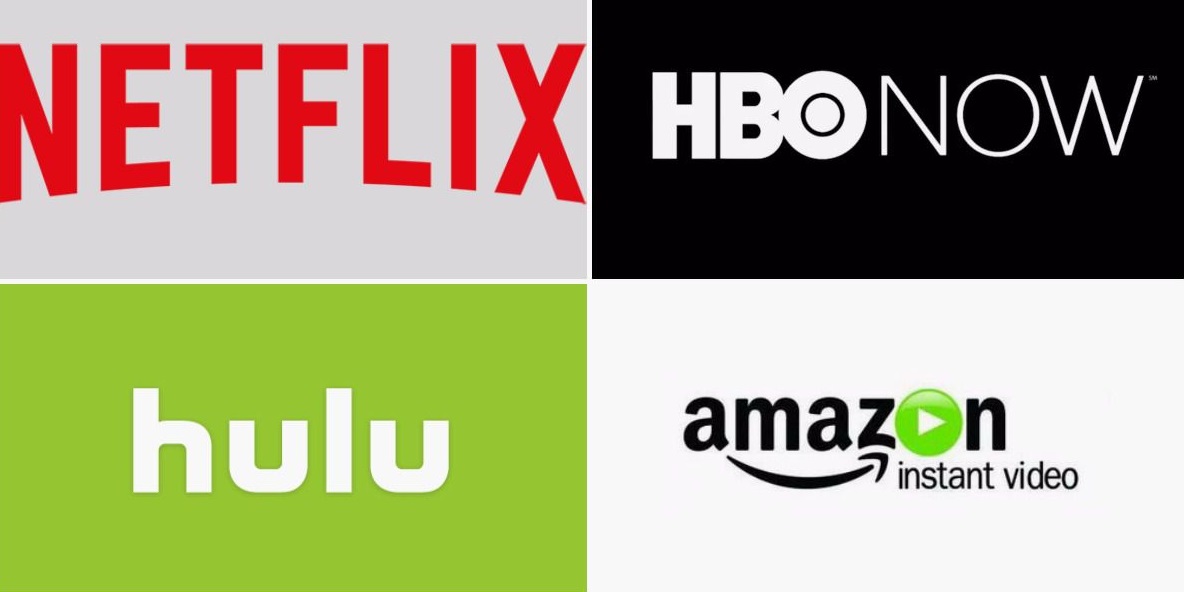
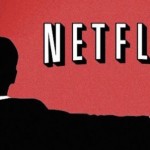

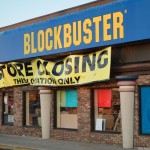
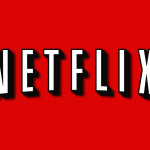
Nice piece! Congratz Leni.